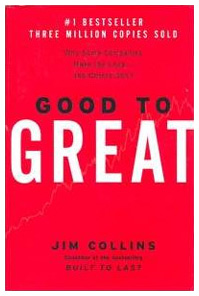 The following article originally appeared in the June newsletter to clients of Kiley Advisors, LLC. Reprinted with permission.
The following article originally appeared in the June newsletter to clients of Kiley Advisors, LLC. Reprinted with permission.
These are the times that will test.
These are times of great opportunity; they are also times of great challenge. It is crystal clear, as we approach the mid-point of 2014, that the shortage of talent, predicted for many months, is finally here and affecting most constructions companies, both General and Specialty Contractors, across all classifications of employees: craft workers to executives. The War for Talent has escalated, and reportedly even reached the “armed” level. Pistol-packing security guards have been placed on residential projects to stop labor brokers from walking on jobs, adding an attractive premium to the per-foot wage of piece rate workers, and taking the entire crew with them that moment!
This shortage, in the short haul, can only worsen, as the large industrial projects get underway. It is going to cause contractors, who were starving for work 24 months ago, to face the difficult decision to turn work down, or potentially violate or ignore some key values of their strong cultures, as it relates to people. All successful construction companies have strong cultures, 90% of it built around the people they want on their team and the way people in their company will be treated. Most live by researcher/author Jim Collins’ conclusion, in his book Good to Great, that truly great companies have great cultures built primarily by “having the right people on the bus, and the right people in the right seats, and the wrong people off the bus.” Consequently, these great companies were rigorous in their people decisions, which reflected in these practical disciplines:
- When in doubt don’t hire – keep looking;
- A company should limit its growth based on the ability to attract enough of the right people.
- When you know you need to make a people change, act, but first make sure you simply don’t have someone in the wrong seat.
Finally, he concludes on this topic, “people are not the company’s greatest asset, the right people are.”
In this period of great opportunity, but great talent shortages, companies will be tempted to lower their standards for hiring or delay their decisions about getting the wrong people off the bus. Great companies will stand firm.



Add new comment